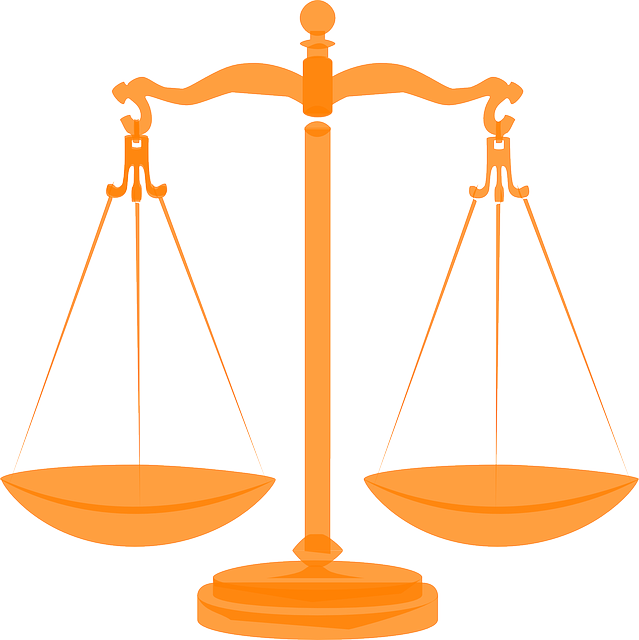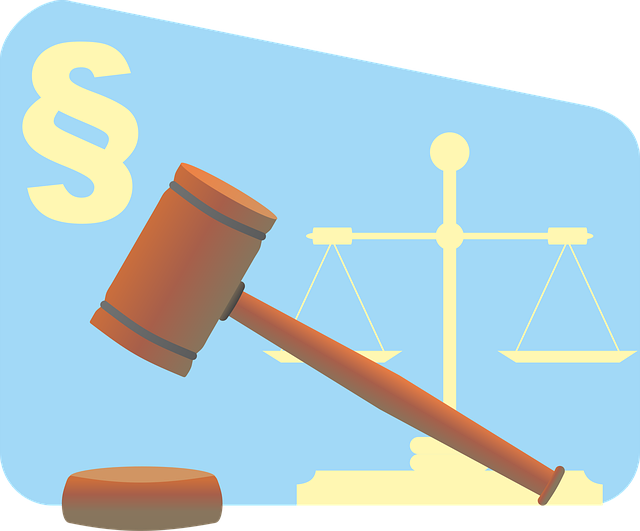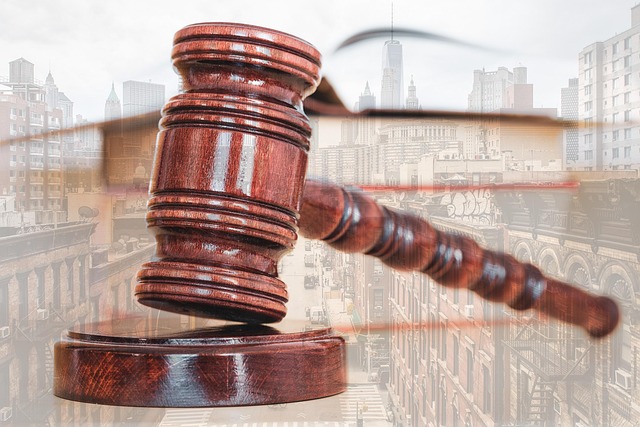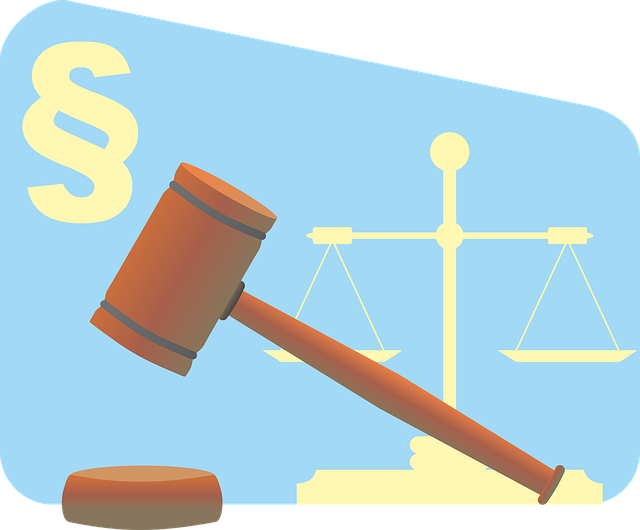Criminal Defense Attorneys are vital in protecting individuals accused of consumer fraud, guiding plaintiffs through complex legal processes, and advocating for consumer rights. In Consumer Fraud Class Action Lawsuits, their expertise involves strategic case analysis, creative legal tactics, and a deep understanding of the law to protect clients from indictment. The process includes extensive evidence collection, class action representation, and detailed complaint filing, aiming for justice and compensation for affected consumers. Consulting a specialized attorney early is crucial for navigating this intricate Consumer Fraud Class Action Lawsuit Process.
“Criminal Defense Attorneys: Navigating Complex Consumer Fraud Class Action Lawsuits In a world where fraud can leave consumers reeling, understanding the role of criminal defense attorneys is paramount. This article delves into the intricate workings of consumer fraud class action lawsuits, providing a comprehensive guide for those facing charges. We explore the process from start to finish, including strategic tactics employed by these experts. By shedding light on key considerations, we empower consumers to make informed decisions and ensure they receive the advocacy they deserve in complex legal matters.”
- Understanding Criminal Defense Attorneys: Their Role and Expertise
- Consumer Fraud Class Action Lawsuits: A Comprehensive Overview
- The Process of Filing a Class Action Suit: Step-by-Step Guide
- Strategies and Tactics Used by Criminal Defense Attorneys in Class Actions
- Key Considerations for Consumers Facing Criminal Charges in Fraud Cases
Understanding Criminal Defense Attorneys: Their Role and Expertise

Criminal Defense Attorneys play a pivotal role in protecting individuals accused of crimes, ensuring they receive fair legal representation. Their expertise extends beyond merely defending clients; they navigate complex legal systems, understanding state and federal laws, and their specific applications in various cases. These attorneys are particularly adept at challenging evidence, scrutinizing police procedures, and advocating for their clients’ rights throughout all stages of the investigative and enforcement process.
In the context of Consumer Fraud Class Action Lawsuits, for instance, Criminal Defense Attorneys bring a unique perspective to bear. They can expertly guide plaintiffs through the intricate legal process, helping them understand their rights and potential remedies. Their knowledge of white-collar defense strategies enables them to effectively challenge corporate misconduct and protect the interests of affected consumers across the country.
Consumer Fraud Class Action Lawsuits: A Comprehensive Overview

Consumer Fraud Class Action Lawsuits are a powerful tool for holding wrongdoers accountable when they target numerous victims with deceptive practices. When individuals or businesses engage in consumer fraud, it can have a significant impact on many people’s lives and pocketbooks. These lawsuits offer a collective response to such misconduct, providing an avenue for affected consumers to seek justice and compensation.
The Consumer Fraud Class Action Lawsuit Process involves several key steps. It begins with thorough investigation and identification of the fraudulent behavior, gathering evidence and determining the scope of those affected. Once a solid case is established, a class action lawsuit is filed on behalf of all victims, or the “class.” The attorney general or a private law firm often takes on this role, advocating for the collective interests of the aggrieved parties. Throughout the process, corporate and individual clients alike have the opportunity to voice their experiences and seek redress for losses incurred due to consumer fraud.
The Process of Filing a Class Action Suit: Step-by-Step Guide

Filing a Consumer Fraud Class Action Lawsuit involves a strategic process designed to hold perpetrators accountable and achieve justice for affected individuals. The journey begins with identifying a viable case, where a significant number of consumers have suffered similar harm due to deceptive or fraudulent practices. This often requires gathering evidence, including documentation, witness statements, and legal precedents, to establish a strong foundation for the lawsuit.
Next, potential plaintiffs must form a cohesive group, ensuring their interests align and they share common grievances. Once organized, they appoint a representative plaintiff who will serve as the face of the case. The following step is crucial: drafting and filing a complaint with the court, clearly outlining the allegations, damages incurred by the class, and demanding compensation or other appropriate relief. This process requires meticulous attention to detail and legal expertise to navigate complex procedures, especially when dealing with white-collar and economic crimes, which often leave no tangible traces but significant impacts on individuals and philanthropic and political communities. Achieving extraordinary results in such cases demands a thorough understanding of consumer fraud laws and the ability to present compelling arguments.
Strategies and Tactics Used by Criminal Defense Attorneys in Class Actions

In the realm of consumer protection, Criminal Defense Attorneys often find themselves navigating intricate Consumer Fraud Class Action Lawsuits. These attorneys employ a strategic approach to defend clients against such claims, focusing on rigorous case analysis and creative legal tactics. They scrutinize the facts and evidence, identifying weaknesses in the plaintiff’s argument, which is crucial for constructing a robust defense strategy. By understanding the nuances of the law and leveraging their general criminal defense expertise, they aim to avoid indictment and protect their clients’ rights.
The tactics employed include challenging the admissibility of evidence, exposing procedural flaws, and negotiating settlements that ensure a fair outcome for both parties. Their goal is not just to win but to achieve an unprecedented track record of successful defenses, demonstrating their proficiency in managing complex class action processes. Through meticulous preparation and adept legal maneuvering, these attorneys navigate the labyrinthine consumer fraud litigation landscape, providing their clients with robust protection.
Key Considerations for Consumers Facing Criminal Charges in Fraud Cases

When facing criminal charges in a fraud case, consumers must navigate a complex process, especially when considering a consumer fraud class action lawsuit. It’s crucial to understand key considerations from the outset. Firstly, individuals should seek a general criminal defense attorney with expertise in white-collar and economic crimes. This specialist can provide vital guidance on the legal options available and help craft a winning challenging defense verdict.
Furthermore, consumers must be aware of the entire consumer fraud class action lawsuit process. This includes understanding the charges, gathering evidence to prove innocence, and exploring potential settlements or trials. Promptly seeking legal counsel enables individuals to make informed decisions, ensuring their rights are protected throughout the process.
In understanding criminal defense attorneys and their role, especially in complex consumer fraud class action lawsuits, it’s clear that navigating these legal battles requires a strategic approach. The process, as outlined in this article, involves meticulous steps from filing to resolution. Criminal defense attorneys employ unique tactics, leveraging their expertise to protect the rights of individuals facing fraudulent charges. For consumers, awareness of their rights and early engagement with experienced legal counsel can significantly impact outcomes in these intricate cases, ensuring a fair and just process within the legal framework of the Consumer Fraud Class Action Lawsuit Process.






